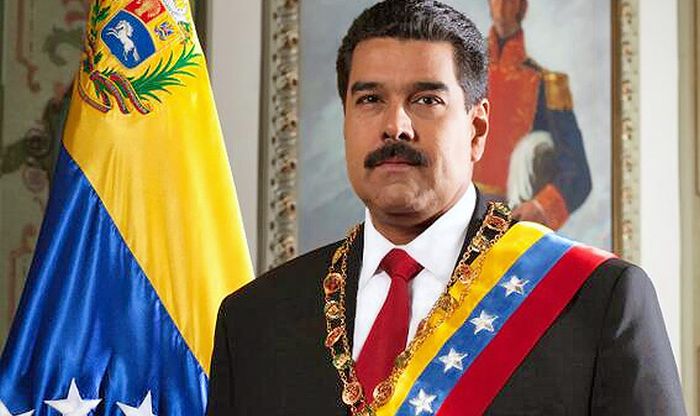After Trump truce, China’s Xi warns world leaders against breaking supply chains
In his first public remarks since securing a fragile trade truce with the United States, Chinese President Xi Jinping issued a powerful call for global cooperation, warning world leaders against any actions that could fracture critical international supply chains.
Speaking at the Asia-Pacific Economic Cooperation (APEC) summit in South Korea, Xi’s address aimed to position China as a champion of multilateralism, just one day after a landmark meeting with US President Donald Trump that pulled the two economic superpowers back from the brink of a full-blown trade war.
A direct appeal for unity and openness
Addressing an audience that included US Treasury Secretary Scott Bessent—a key architect of Trump’s trade policy—Xi urged nations to work together through turbulent times.
“We must adhere to the principle of joining hands rather than letting go, and extending rather than breaking supply chains,” the Chinese leader stated.
He called on those gathered to “jointly maintain stable and smooth industrial and supply chains” and practice “genuine multilateralism.”
His comments came just 24 hours after he and Trump agreed to a one-year deal that saw the US roll back some tariffs in exchange for China resuming purchases of American soybeans and pausing new curbs on rare earth mineral exports.
A fragile truce in an ongoing rivalry
While the deal marks a significant de-escalation, analysts view it as a temporary stopgap rather than a comprehensive solution to the deep-seated economic competition between the two nations.
The agreement has, however, created an opening for dialogue, evidenced by the first in-person talks between US Secretary of Defense Pete Hegseth and Chinese Defense Minister Dong Jun, which took place Friday in Kuala Lumpur.
Despite the truce, both countries appear to be continuing on a path of strategic “decoupling.”
During his Asia tour, President Trump worked to bolster relations with Japan and South Korea, securing investments in shipbuilding and rare earths to strengthen his negotiating position for the future.
China’s economic pitch and its contradictions
At the APEC summit, Xi promoted China as an attractive destination for global capital, highlighting some $700 billion in foreign investment his country has attracted over the past five years and touting efforts to open the economy with visa-free programs and new free-trade zones.
However, these claims stand in contrast to recent actions and complaints from other trading partners. The European Union has criticized Beijing for giving preferential treatment to its own companies.
Furthermore, China’s own decision to “weaponize” its dominance over the rare earth supply chain has pushed many countries to reduce their dependency on Chinese minerals.
Simultaneously, Beijing is aggressively pursuing technological self-sufficiency.
The Communist Party’s latest five-year plan is heavily focused on achieving breakthroughs in high-end chips and creating supply chains that are independent of the United States.
The post After Trump truce, China's Xi warns world leaders against breaking supply chains appeared first on Invezz
You May Also Like

Venezuela Plans To Add Bitcoin And Stablecoins To The National Banking System

10 Top Cryptos for Long-Term Investors Seeking Passive Income and High ROI
